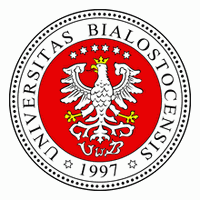The ethical as such is the universal, and as the universal it applies to everyone, which from another angle means that it applies at all times. It rests immanent in itself, has nothing outside itself that is its τέλος but is itself the τέλος for everything outside itself, and when the ethical has absorbed this into itself, it goes not further. The single individual, sensately and psychically qualified in immediacy, is the individual who has his τέλος in the universal, and it is his ethical task continually to express himself in this, to annul his singularity in order to become the universal. As soon as the single individual asserts himself in his singularity before the universal, he sins, and only by acknowledging this can he be reconciled again with the universal. ... Faith [in contrast to the ethical] is namely this paradox that the single individual is higher than the universal ... so that after having been in the universal he as the single individual isolates himself as higher than the universal.
Søren Kierkegaard, Fear and Trembling (1843), as translated by H. Hong and E. Hong (Princeton University Press: 1983), pp. 54-55


